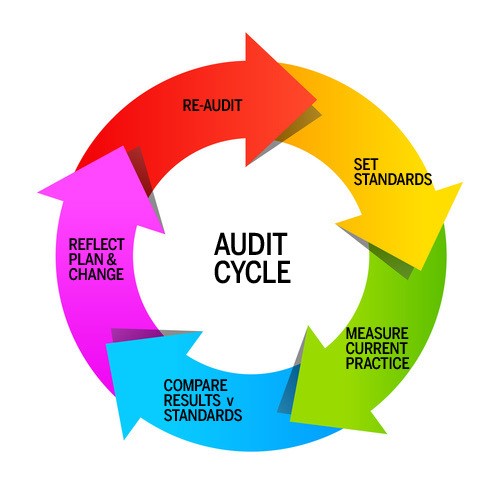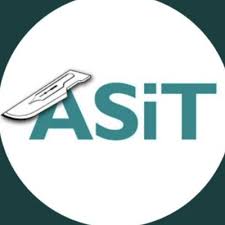ST3 Application

Application Process
Paediatric surgery has traditionally been one of the more competitive specialities. There are usually between 10 and 15 training numbers released each year in the United Kingdom. 12 numbers were released in 2021 and there were 80 applicants resulting in a competition ratio 6.67:1. National recruitment is run through the Yorkshire and Humber Deanery:
The application consists of an online self-assessment form which assesses eligibility and may form the basis of the portfolio station at interview. Candidates are no longer short listed so all eligible candidates will be offered an interview. Due to the Covid-19 pandemic, there were no interviews during the 2020 recruitment period. All training numbers were allocated from the self-assessment scores only.
The 2021 interviews were conducted virtually and consisted of three 10-minute stations: Portfolio and Career Progression, Academic, Clinical. This format will be the same for 2022 application process.
Only approximately 40% of current trainees got their training number at the first attempt, so do not be disheartened if you do not. Aim to secure a senior clinical fellow post in paediatric surgery and either some neonatal or paediatric intensive care experience to boost your application for the following year.
Improving your chance of success
 Read the personal specifications and strive to achieve as many of the desirable qualities as possible. As discussed, some will be unachievable at certain levels of training, but it is important to fulfil the ones that you can e.g. audits, courses, presentations, teaching etc. Spend as much time in theatre as possible; basic surgical skills are invaluable regardless of the speciality in which they were acquired. Some, such as adult general surgery, urology and plastic surgery will be particularly useful. Get stuck into your foundation and core surgical placements and involve yourself in audit, quality improvement and teaching. Keep an accurate surgical logbook, practice basic surgical and laparoscopic skills, complete the key courses (APLS, ATLS, CRISP and BSS) and have your MRCS sorted and you will be well on your way. This may sound overly simplistic but there are more points on the application form for completing an audit cycle than a PhD. This may mean going back to previous placements to sort the re-audit but it is worth it.
Read the personal specifications and strive to achieve as many of the desirable qualities as possible. As discussed, some will be unachievable at certain levels of training, but it is important to fulfil the ones that you can e.g. audits, courses, presentations, teaching etc. Spend as much time in theatre as possible; basic surgical skills are invaluable regardless of the speciality in which they were acquired. Some, such as adult general surgery, urology and plastic surgery will be particularly useful. Get stuck into your foundation and core surgical placements and involve yourself in audit, quality improvement and teaching. Keep an accurate surgical logbook, practice basic surgical and laparoscopic skills, complete the key courses (APLS, ATLS, CRISP and BSS) and have your MRCS sorted and you will be well on your way. This may sound overly simplistic but there are more points on the application form for completing an audit cycle than a PhD. This may mean going back to previous placements to sort the re-audit but it is worth it.
 There are interview preparation courses and books available, such as ISC Medical Interviews, Preparing for ST3 Interviews (P4ST3) or the Paediatric Surgery Skills ASiT Pre-conference course. BAPS sponsors a Paediatric Surgery Prize at the ASiT Conference.
There are interview preparation courses and books available, such as ISC Medical Interviews, Preparing for ST3 Interviews (P4ST3) or the Paediatric Surgery Skills ASiT Pre-conference course. BAPS sponsors a Paediatric Surgery Prize at the ASiT Conference.
If you intend to take a “CT3” year (or have one forced upon you!) then there are usually plenty of clinical fellow jobs around for in paediatric surgery, neonatal intensive care and paediatric intensive care. These will be advertised through the NHS Jobs Website.
This is a fantastic specialty and it is certainly worth all the hard work that it takes to become a paediatric surgical trainee.
Oliver Burdall
National Training Representative 2018-2020
Matthew Jobson
National Training Representative 2020-2022